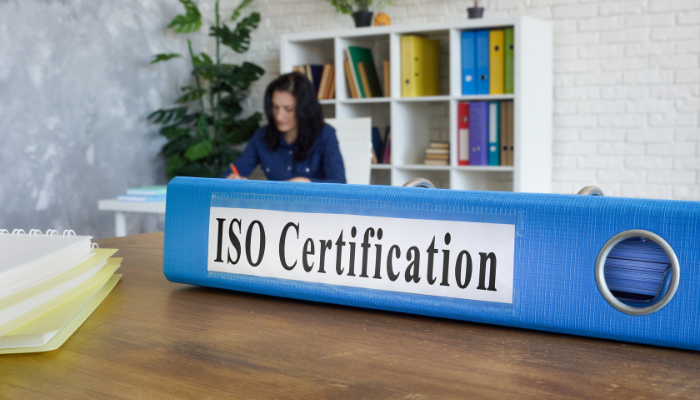MYOB Advanced can assist in managing ISO (International Organisation for Standardisation) requirements for a sheet metal company. While MYOB Advanced itself does not provide direct ISO certification, it offers functionalities that can support ISO compliance and management processes. Here’s how MYOB Advanced can help:
1. Identify ISO Requirements
Familiarise yourself with the ISO standards applicable to your sheet metal industry, such as ISO 9001 for quality management. Understand the specific requirements and guidelines outlined by the ISO standard you are targeting.
2. Document Control
MYOB Advanced has document management capabilities that allow you to create and control documents related to ISO requirements, such as quality manuals, procedures, work instructions, and forms. You can store, organise and track revisions of these documents, ensuring compliance with ISO documentation standards.
3. Process Mapping
Map your sheet metal manufacturing processes within MYOB Advanced to identify where ISO requirements need to be implemented. Use process maps and flowcharts to document the sequence of activities and key control points.
4. Workflow Implementation
Configure workflows in MYOB Advanced to enforce ISO-related processes. Define approval processes, review cycles, and notifications for tasks such as non-conformance handling, corrective actions, internal audits, and management reviews. This ensures that ISO requirements are followed consistently.
5. Quality Management
MYOB Advanced offers quality management functionalities that support ISO compliance. You can set up quality control plans, define inspection criteria, and record quality data for sheet metal products. This helps in monitoring and improving product quality, meeting ISO requirements, and achieving customer satisfaction.
6. Non-Conformance Management
MYOB Advanced allows you to manage non-conformances and deviations from ISO standards. You can track and document non-conformance incidents, initiate corrective, and preventive actions, and monitor their progress and effectiveness. This helps in identifying and resolving issues, maintaining ISO compliance, and continuously improving processes.
7. Audit Trail and Traceability
MYOB Advanced provides an audit trail and traceability features that can assist in ISO compliance. You can track changes made to documents, transactions, and processes, ensuring transparency and accountability. This helps in demonstrating compliance during ISO audits and maintaining accurate records.
8. Risk Management
MYOB Advanced has risk management capabilities that enable you to identify and mitigate risks associated with ISO compliance. You can assess risks, establish control measures, and monitor their effectiveness. This helps in maintaining compliance, preventing potential non-conformances, and ensuring adherence to ISO standards.
9. Reporting and Analytics
The reporting and analytics tools within MYOB Advanced allow you to generate reports and analyze data related to ISO compliance. You can track key performance indicators (KPIs), measure process effectiveness, and identify areas for improvement. This helps in monitoring ISO compliance, evaluating the effectiveness of ISO-related processes, and driving continuous improvement.
While MYOB Advanced provides functionalities to support ISO compliance, it’s important to note that achieving ISO certification involves a comprehensive and ongoing effort that goes beyond the capabilities of any specific software. MYOB Advanced can serve as a valuable tool in managing ISO requirements and processes, but the certification process itself involves meeting specific ISO standards and requirements through a combination of policies, procedures, training, and audits. If you have any questions about MYOB Advanced Business, please contact Acacia to find out more.


